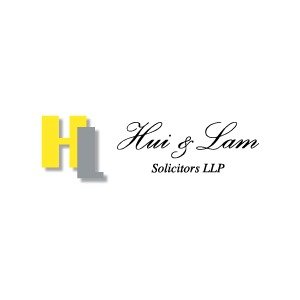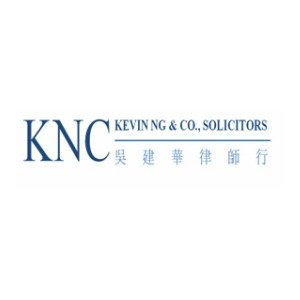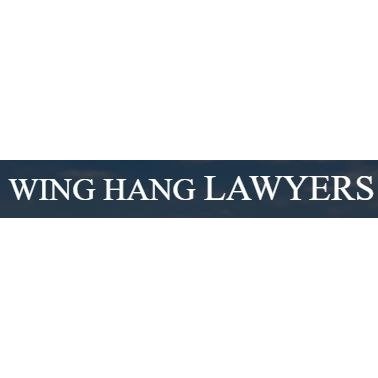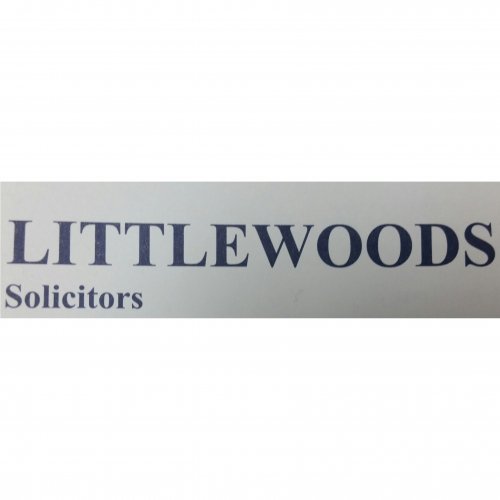Best Trusts Lawyers in Hong Kong
Share your needs with us, get contacted by law firms.
Free. Takes 2 min.
Or refine your search by selecting a city:
List of the best lawyers in Hong Kong
About Trusts Law in Hong Kong
Trusts law in Hong Kong is a well-established area that provides a legal framework for the management and transfer of assets. In essence, a trust is a fiduciary arrangement that allows a third party, or trustee, to hold assets on behalf of a beneficiary. Trusts can be used for various purposes, such as estate planning, protecting assets, or managing family wealth. Hong Kong's trust law is based on common law principles, and the Trustee Ordinance (Cap. 29) is the key legislation governing trusts. The law has evolved to meet modern needs, offering flexibility and security for managing assets.
Why You May Need a Lawyer
There are several situations where individuals might require legal advice concerning trusts in Hong Kong:
- Estate Planning: For effective management and distribution of assets after death, particularly when dealing with complex family arrangements or significant wealth.
- Asset Protection: Legal advice can ensure that assets are protected from creditors or legal claims.
- Dispute Resolution: Trust disputes can arise between beneficiaries and trustees or among beneficiaries, requiring mediation or legal intervention.
- Trust Creation and Management: Setting up a trust requires understanding legal obligations, tax implications, and selecting suitable trustees.
- Regulatory Compliance: Ensuring compliance with laws and regulations governing trusts, including obligations under the Anti-Money Laundering Ordinance.
Local Laws Overview
The key aspects of local laws relevant to trusts in Hong Kong include:
- Trustee Ordinance (Cap. 29): This is the principal legislation governing the duties and powers of trustees and the creation and operation of trusts.
- Perpetuities and Accumulations Ordinance (Cap. 257): This ordinance addresses the rules regarding the duration and validity of trusts.
- Common Law and Equity: Much of Hong Kong's trust law is based on principles of common law and equity, which allow for flexibility and adaptability in trust arrangements.
- Data Privacy: Trustees in Hong Kong must comply with data privacy regulations, ensuring the confidentiality of beneficiaries' information.
- Taxation: Trusts may have tax implications, including possible taxes on income generated by trust assets, which should be considered in trust planning.
Frequently Asked Questions
What is a trust?
A trust is a legal arrangement where a trustee holds and manages assets for the benefit of one or more beneficiaries, according to the terms set out in the trust deed.
Who can be a trustee?
A trustee can be an individual or a corporation. Trustees should be trustworthy, competent, and familiar with the responsibilities involved in managing a trust.
What is the role of a beneficiary?
Beneficiaries are the individuals or entities that receive benefits from the trust, which could include income generated by the trust assets or the assets themselves.
How do I set up a trust?
To set up a trust, you'll need to prepare a trust deed specifying the terms of the trust, select trustees, and transfer the assets into the trust. Legal advice is often necessary to ensure compliance and proper structuring.
Can a trust be contested?
Yes, trusts can be contested. Common reasons include disputes over the trust's validity, the terms of the trust, or the actions of trustees. Legal intervention may be required to resolve such disputes.
What are the duties of a trustee?
A trustee is obliged to act in the best interests of the beneficiaries, manage the trust assets prudently, and comply with the terms of the trust deed and relevant laws. Trustees must also keep accurate records and report to beneficiaries as required.
Are trusts subject to public registration in Hong Kong?
No, trusts in Hong Kong are generally not subject to public registration, which offers privacy to the parties involved.
How are trust assets protected from creditors?
Properly structured trusts can protect assets from creditors of the settlor or beneficiaries, provided the trust was not created to defraud creditors.
Can foreign trusts operate in Hong Kong?
Yes, foreign trusts can operate in Hong Kong, but they must comply with local laws and regulations, including tax obligations.
What happens if a trustee breaches their duties?
If a trustee breaches their duties, they can be held liable for any loss caused to the trust and may be required to compensate the trust or be removed from their position.
Additional Resources
Here are some resources and organizations that can be helpful for those seeking legal advice about trusts in Hong Kong:
- Hong Kong Trustees' Association: A professional body representing trustees and providing resources on trust management.
- Hong Kong Law Society: Offers resources and information on finding qualified legal practitioners specializing in trust law.
- Hong Kong Inland Revenue Department: For information on tax obligations related to trusts.
- Legal Hub Hong Kong: Provides resources and guidance on various legal matters, including trusts.
Next Steps
If you need legal assistance regarding trusts, consider the following steps:
- Consult a Professional: Engage with a solicitor or firm specializing in trusts law to discuss your specific needs and circumstances.
- Gather Information: Collect all relevant documents and details pertaining to the trust or the assets involved to facilitate clear communication with your legal advisor.
- Define Objectives: Clearly define your objectives for setting up or managing a trust, be it estate planning, asset protection, or another purpose.
- Consider Tax Implications: Work with your legal advisor to understand and manage any tax implications involved in your trust arrangement.
- Review Trust Deed: Ensure your trust deed is detailed and comprehensive, outlining the roles, duties, and rights of all parties involved.
Lawzana helps you find the best lawyers and law firms in Hong Kong through a curated and pre-screened list of qualified legal professionals. Our platform offers rankings and detailed profiles of attorneys and law firms, allowing you to compare based on practice areas, including Trusts, experience, and client feedback.
Each profile includes a description of the firm's areas of practice, client reviews, team members and partners, year of establishment, spoken languages, office locations, contact information, social media presence, and any published articles or resources. Most firms on our platform speak English and are experienced in both local and international legal matters.
Get a quote from top-rated law firms in Hong Kong — quickly, securely, and without unnecessary hassle.
Disclaimer:
The information provided on this page is for general informational purposes only and does not constitute legal advice. While we strive to ensure the accuracy and relevance of the content, legal information may change over time, and interpretations of the law can vary. You should always consult with a qualified legal professional for advice specific to your situation.
We disclaim all liability for actions taken or not taken based on the content of this page. If you believe any information is incorrect or outdated, please contact us, and we will review and update it where appropriate.
Browse trusts law firms by city in Hong Kong
Refine your search by selecting a city.
















